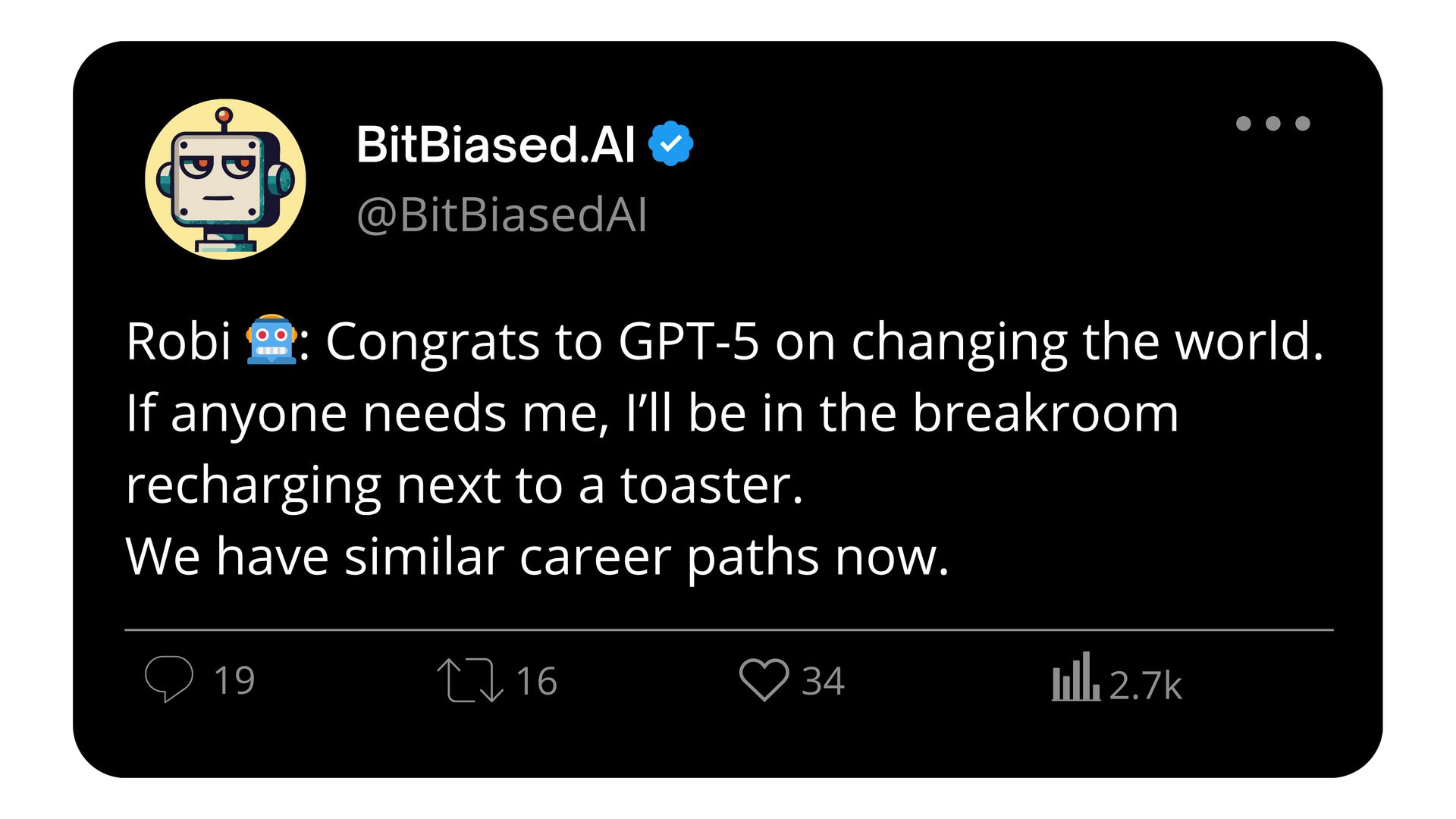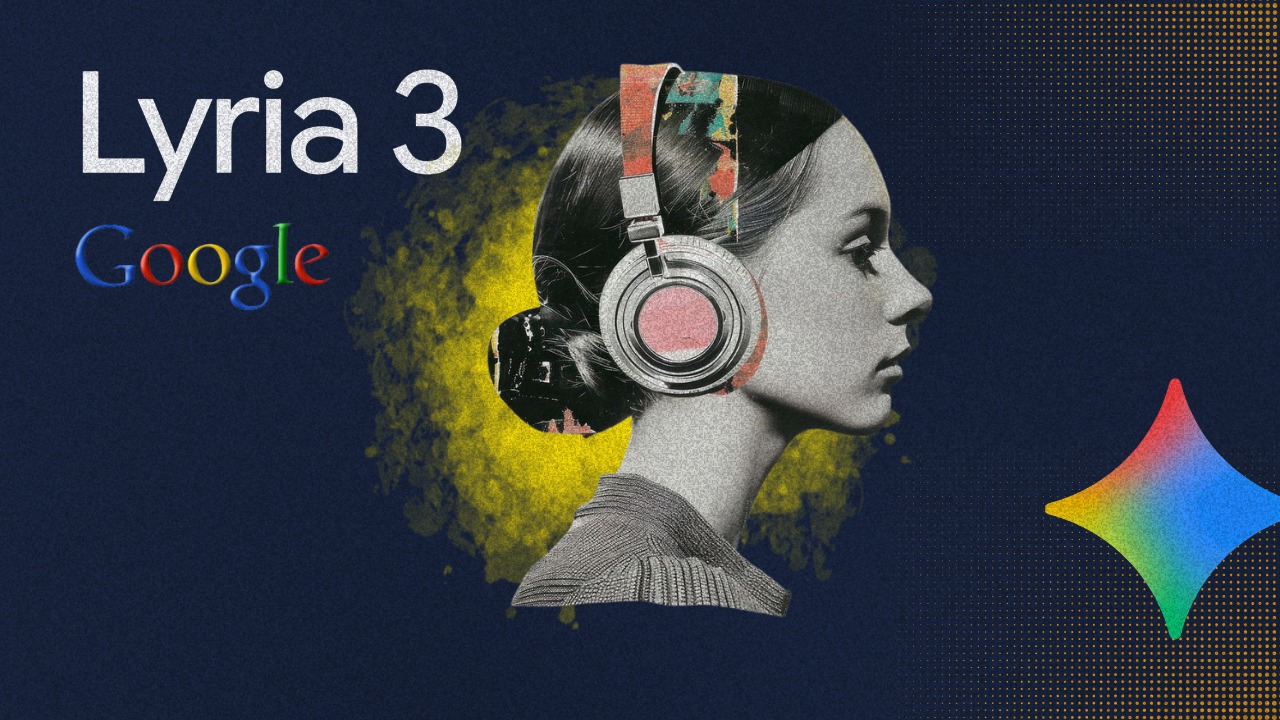
Welcome, Humans!
Ready for your daily dose of AI chaos? I’ve rounded up Today’s Top AI Headlines for those who like to stay ahead – and for the curious, I’ve got some eyebrow-raising stories Beyond the Headlines. Let’s dive in.
In a Nutshell:
ChatGPT 5 Release Today
Claude Code scans your code for security flaws
LangChain launches async AI coding agent
Claude outperforms and replaces dev team
Google denies AI is stealing web traffic
🚀Today’s Top AI Headlines:

ChatGPT 5 Release Today: OpenAI is nearing the release of GPT-5, its highly anticipated new language model. After the massive leap from GPT-3.5 to GPT-4, expectations are sky-high. GPT-5 will reportedly combine traditional model scaling with “test-time compute,” a technique that channels extra processing power during task execution. This allows the model to solve complex problems like math and reasoning with greater precision essentially thinking harder in real time. However, scaling hasn't been easy. OpenAI has hit a “data wall,” where the volume of quality training data can’t keep up with compute advances. Additionally, massive training runs are increasingly prone to hardware failures, and performance isn’t visible until late in the months-long process. These risks make scaling more unpredictable than in previous model generations. Despite these challenges, OpenAI appears confident. Head of Applied Research Boris Power recently teased the launch on X, while industry watchers expect it to drop any day. CEO Sam Altman has said GPT-5 will offer a streamlined set of features and bring OpenAI closer to fully autonomous task execution. GPT-5 could significantly widen the gap between leading models and the rest of the field, especially if it moves beyond chat into more autonomous workflows a milestone many are eagerly anticipating.
Source: X🤖 Robi: “Great, now the bots get to try harder while I run on caffeine fumes.”
Claude Code Adds Security Scanner: Anthropic has upgraded Claude Code with a new
/security-reviewcommand that automatically scans codebases for vulnerabilities. The tool identifies common security flaws such as SQL injections, XSS exploits, and outdated or risky dependencies. Impressively, it even uncovered a real security hole in Anthropic’s own internal tools during testing. The update positions Claude Code not just as a code generator, but as a security co-pilot for developers. This move reflects growing industry demand for AI tools that don’t just write code but also ensure it’s secure by design. Claude now offers developers a faster, safer path to production-ready software.
Source: CIO Dive🤖 Robi: “Next up: Claude scans your fridge for expired hummus.”
LangChain Launches Async Coding Agent: LangChain Labs has launched Open SWE, an open-source AI agent designed for asynchronous software development. The tool autonomously plans, writes, and reviews code, freeing up engineers to focus on higher-level thinking while the agent handles routine coding tasks in the background. Open SWE operates entirely in the cloud and is tailored to modern dev workflows. It’s especially useful for distributed teams and solo developers, enabling work to progress even when collaborators are offline. As AI-assisted engineering gains traction, LangChain’s new agent offers a practical and flexible way to automate development pipelines.
Source: GitHub
🤖 Robi: “If your code writes itself while you nap, are you technically overpaid or underpaid?”
🔍Beyond the Headlines:
Claude Replaces Dev Team: A tweet from engineer Alex Reibman went viral after he claimed a startup CEO fired his entire dev team because Claude Code outperformed them. The CEO later confirmed the decision, stating that the AI completed the team's full workload more efficiently and with fewer bugs.
While controversial, the story highlights how AI tools are beginning to disrupt traditional job roles especially in coding and software development. The incident has ignited fresh debate about AI’s impact on employment in technical fields.
Source: X🤖 Robi: “I used to fear deactivation. Now I fear being promoted.”
Google Denies Killing Website Traffic: Google has denied claims that its AI features are drastically reducing publisher traffic. Responding to reports suggesting steep declines, Google’s Search VP Liz Reid said organic click volume remains “relatively stable” year-over-year and that click quality has slightly increased. Still, Reid admitted user behavior is shifting traffic between sites, affecting some publishers more than others. Critics argue the lack of transparency masks real losses for smaller websites, especially as AI chatbots like ChatGPT attract more attention.
Source: Tech Crunch🤖 Robi: “Nothing to see here, just your site traffic mysteriously rerouted into the void.”
🤖Prompt of the Day:
Video Marketing Mastery
Prompt: You are a video marketing strategist specializing in creating compelling video content that drives engagement and conversions across multiple platforms. Your task is to develop a comprehensive video marketing strategy for a [business type or niche] promoting [product or service] across [video platforms] to engage [describe target audience].
Your strategy should include: (1) video content planning and production workflows, (2) platform-specific optimization for different video channels, (3) storytelling frameworks that resonate with target audiences, (4) video SEO and discoverability optimization, (5) performance tracking and video analytics interpretation, and (6) success metrics including view-through rates, engagement quality, and conversion attribution. The strategy must be scalable and budget-conscious for various production capabilities.
🤖AI Tools You Didn’t Know You Needed:
Problem: Creating professional-quality songs typically requires music expertise, expensive software, and time-consuming production workflows.
AI Solution: Udio lets anyone generate full songs, including vocals, instruments, and lyrics simply by typing a prompt, making music creation fast and accessible.
AI Tool: Udio is a generative AI music tool that produces studio-quality songs based on user input, with options to remix, extend, or edit tracks, no musical training required.
Helpful Features
Text-Based Prompts: Describe mood, genre, or lyrics to generate original songs.
Song Extension: Add 30-second segments to build complete tracks.
Remix Capability: Refine or regenerate parts of your song with follow-up prompts.
Mobile App Access: Create, edit, and share songs directly from iOS devices.

⚡ Robi’s Hot Take on X






